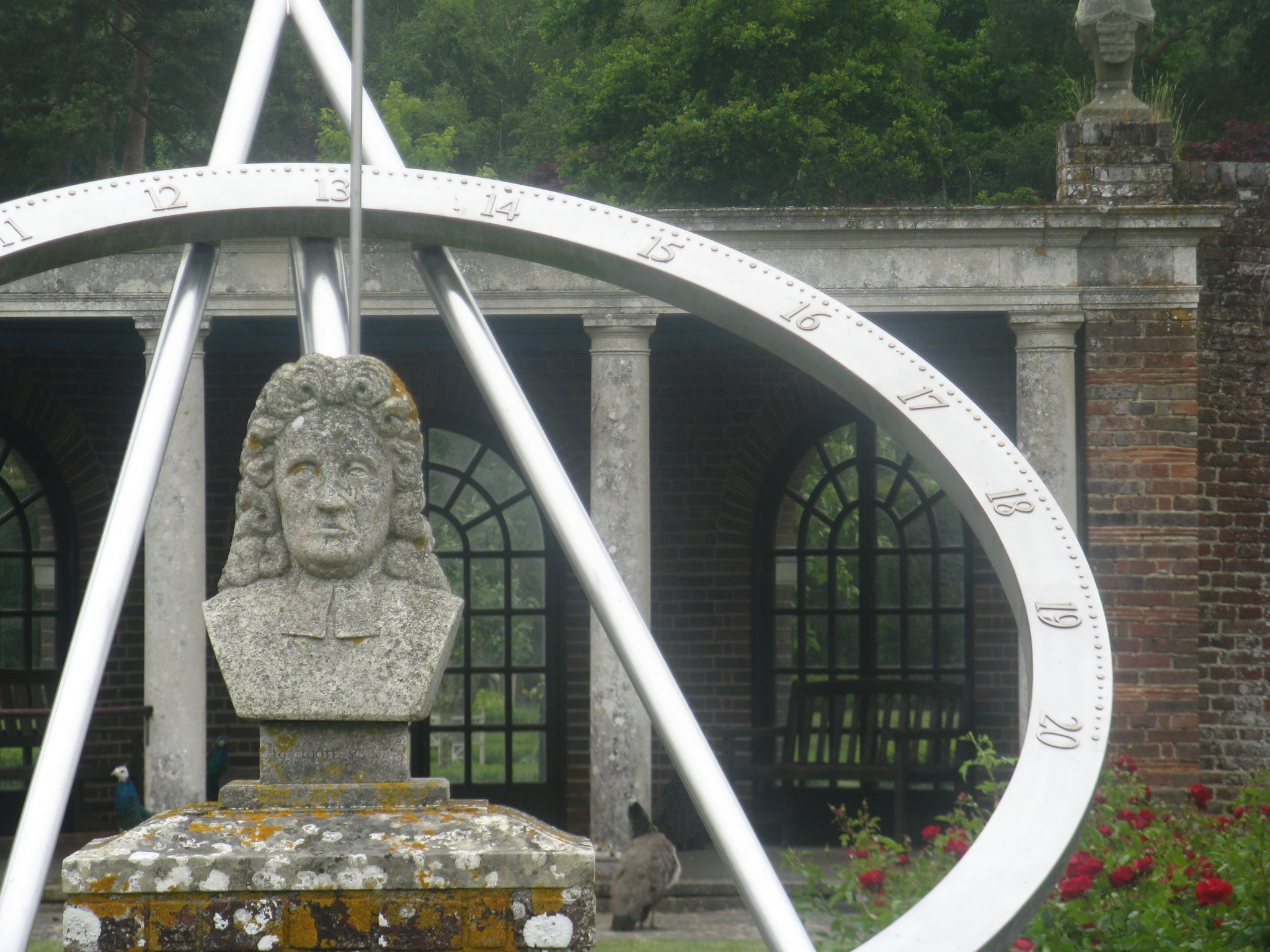
by Alisha Mann, MPsy
This series was originally completed as a Major Research Project in partial fulfillment of Adler Graduate Professional School’s Master of Psychology degree.
The Stories and Analytical Findings: Vik
Vik is a 25-year-old South Asian male who was born and raised in Canada. He is the youngest son in his family. He is completing studies for a specific major at university and works part-time. His family follows Hindu cultural and religious practices, but not to strict extremes. He considers himself to be an atheist, but continues to associate with parts of his religion/culture.
During his first year of university, he noticed a change in his thoughts and behaviours, for which he sought help from a professor. He was surprised when the professor suggested the school’s counselling program, mainly because he had not known such a program existed. He sought the counselling when “the issues really started developing heavily.” While making his decision, he did some research about the school program, asked his family, and eventually made an appointment. He met with the school psychiatrist and psychologist as well as, later, with his family doctor. They all seemed to provide similar diagnoses and courses of action.
When questioned about the experience of telling his family, he reported that his open relationship with his parents made it easier to discuss the experience and decision to seek counselling and, later, medication.
Although he experienced some resistance,
My dad was maybe a little more hesitant, like ‘why do you have to tell people this?’ or ‘why do you have to do that’
his family was generally open and accepting of the idea.
It was honestly, mostly just “do what’s best for you” <Stammered/ stumbled on these words>. Along with my mom supporting too, my dad kind of doesn’t really get involved with the mental health stuff. He’s like “Yea, I know. I get it, and stuff.” But he doesn’t really get involved too much in it. And it’s mainly my mom, that kind of you know … that we discuss it, right…. My brother was very for it. He was also a psychology major at [university], right. So he knows about the benefits of these things right, so he pushed it.
He also experienced resistance from immediate and extended members of the family (aunts and cousins) when he chose to take medication for his diagnoses. They approached him with possible side effects and several alternatives to both medication and counselling. His aunt suggested yoga, while his mother took him to the Mandir (temple) and asked the Pandit (Hindu cleric) to prescribe something more “natural” to help with his diagnoses. Yet, after several heated discussions with, and alternative attempts by, his family, he stuck to and was very happy with his decision to take medication.
As for his experience with counselling, he stated,
Because the therapist I had, she was White, Jewish. Really understanding, BUT she just didn’t know … my culture that well. So it was a little bit of a learned process for her as well. ‘Cuz after I’d say everything, I’d be like “you know, we’re Indian! So you know … this is how it’s done.” So first I’d explain the cultural phenomena to her, and then I’d explain what’s happening at home … and that is okay.
Although his therapist was not of the same cultural background, Vik felt that she was open to understanding his culture and providing support accordingly. He indicated that finding a therapist who is sensitive to all cultures is very difficult, so he was “okay” with explaining the cultural phenomena.
As time passed, he began advocating for counselling among his friends, colleagues, and family members. He even suggested that others, including his parents, seek counselling for their concerns. Yet most were not open to the idea. He also indicated that many people, including friends and family, were not able to understand his diagnoses or the process of counselling.
I do have friends who still are like “Come on man! Stop being lazy” or “Come on man! Just finish your assignment,” or some people like “Yea! You can do it! I believe in you! Finish your assignment.” And it’s like “THANK YOU, I appreciate that” … BUT it’s not that simple right. It’s just … when you wake up and you don’t wanna be awake. When you’d rather be sleeping and dreaming than actually living life … that’s a problem right. So I always explain to people, but just some people don’t get it though, right. And that’s okay!
He also reported losing a few friends because they did not understand how his mental health actually affected his day-to-day life.
While working through his major, he noticed several “archaic” aspects to his family’s religious and cultural practices. He felt that astrology, in the form of “Janam Patris” (life stories) and the alignment of the stars, was a major component of why people did not seek counselling. He stated,
“People sort of place all of their trust in god… without actually doing anything about it.”
He was also very passionate about discussing gender norms with regards to the ideals of masculinity. He stated he was not the average male, or the “great Bollywood hero,” but that did not mean he was “not a man.” He also alluded to the idea that men experiencing mental health concerns have greater difficulty speaking to someone because they are expected to, as his father would say, “be a man.”
Overall, Vik was happy with his decision to continue with counselling and initiate medication. He had recently weaned off his medication, as he felt that it was initially required to assist with his diagnoses, but he is now able to manage without it, using the skills he gained through counselling.





